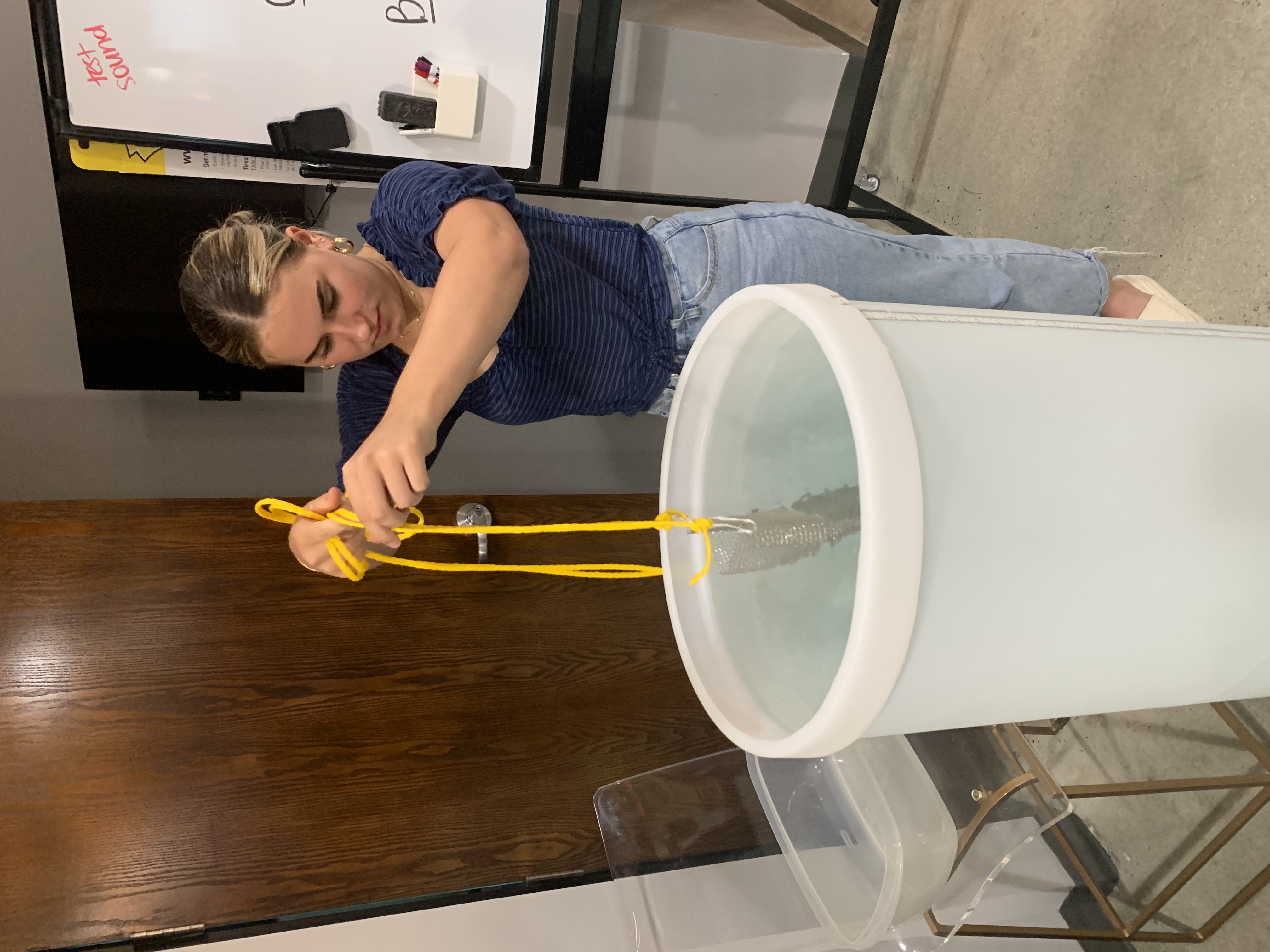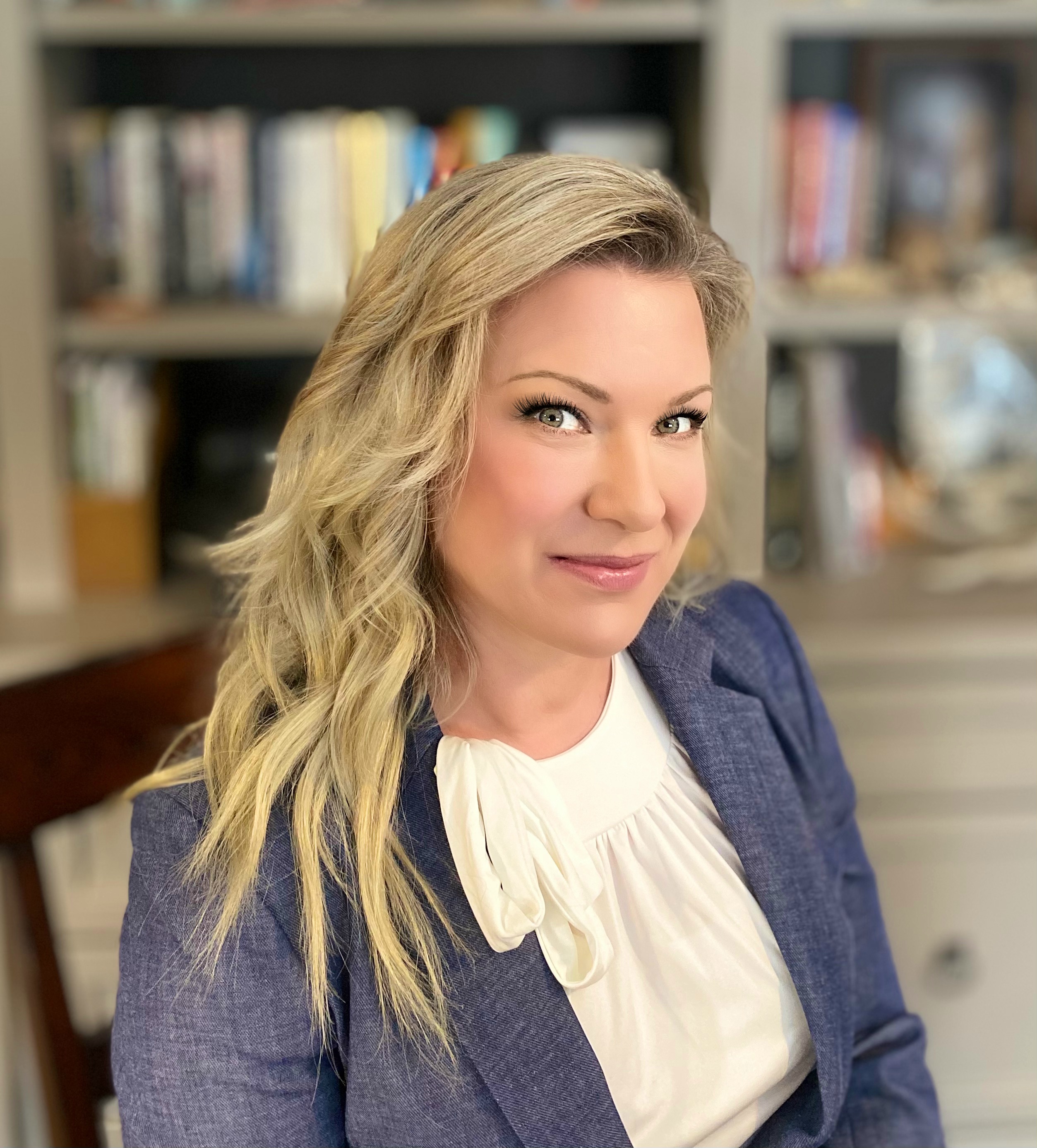User Experience
The user experience category consists of durability testing and ease of Bluetooth connection.
- Devices that successfully complete drop testing 10 times from a height of 7 feet 6 inches with no damage receive one point.
- Devices that complete water submergement testing and retain Bluetooth function, confirming their respective IP rating, receive one point.
Devices with an IP rating of X7 are dropped into a 40-gallon tank of water for 30 minutes.
Devices with an IP rating of X8 are dropped into a 40-gallon tank for one hour.
- Devices that pair to Bluetooth with only one attempt receive one point.
The user experience category has a three-point maximum and makes up 26% of the total weighted score.
Pricing
Another important consideration for hearing aids is pricing. With devices costing anywhere from $99–$8,000 per pair, it’s imperative that consumers have reliable pricing information in order to ensure they are shopping within their budget. Also, warranties and risk-free trials are valuable commodities when it comes to a purchase as high tech and costly as hearing aids.
Our scoring for pricing is as follows:
- Three points: Models costing under $1,000
- Two points: Models costing $1,001–$4,000
- One point: Models costing $4,001–$7,000
- One point: Includes a warranty
- One point: Risk-free trial is offered
The pricing category has a maximum of five possible points, making up 23% of the weighted total.
Customer Service & Support
Customer support is crucial for hearing aid customers, especially those who purchase their devices online or over the counter without a hearing specialist. We look at four parameters involving customer service and support:
Customer Service Availability
The customer service availability schedule can vary greatly between hearing aid manufacturers. We award points only for around-the-clock customer service coverage. One point is awarded for 24/7 availability and another for 365-day-per-year availability. (Two-point maximum)
Customer Service Modality Options
Customers want options when it comes to ways to contact customer service. One person may be more comfortable with a phone call, while another may prefer only online chatting or email. We award one point each for phone, chat, email, and online form options. (Four-point maximum)
Device Adjustment Assistance
Some hearing aid users prefer to make their own adjustments. Others want the option to get assistance from customer support in making these adjustments. We award one point each for in-office and remote adjustment capabilities. (Two-point maximum)
Specialist/Audiologist Accessibility
Not all hearing aid companies have audiologists or hearing specialists readily available for support. Some use only generally-trained customer service agents. We award one point if an audiologist or specialist is readily available through customer service. (One-point maximum)
The customer service and support category has a maximum of nine points and makes up 9% of the weighted total possible score.
Reputation and Credibility
A company’s history and reputation are also important considerations when comparing hearing aids. The Better Business Bureau (BBB) is a well-trusted and highly regarded institution for gathering and disseminating information about the reputation and credibility of companies in the U.S. The BBB’s mission is to:
- Set standards for marketplace trust.
- Encourage and support best practices by engaging with and educating consumers and businesses.
- Celebrate marketplace role models.
- Call out and address substandard marketplace behavior.
- Create a community of trustworthy businesses and charities.
The BBB sees trust as a function of two primary factors—integrity and performance. Integrity includes respect, ethics, intent, and working toward a diverse, inclusive, and equitable marketplace. Performance speaks to a business’s track record of delivering results in accordance with BBB standards and/or addressing customer concerns in a timely, satisfactory manner.
We thoroughly review hearing aid manufacturers’ profiles with the BBB and award:
- A rating: Five points
- B rating: Four points
- C rating: Three points
- D rating: Two points
- F rating: One point
Those companies not accredited with the BBB receive no points. The maximum for this category is five points and makes up 9% of the weighted total.
Our Hearing Aid Professionals
We always consult with esteemed experts in the field when making recommendations about products for our readers. We regularly work very closely with two audiologists, selected for their expertise and commitment to patients.
Hadassah Kupfer, Au.D., CCC-A: Dr. Kupfer is a practicing audiologist and hearing aid specialist in New York City. She received her doctor of audiology from CUNY Graduate Center, graduating Summa Cum Laude. In addition to diagnosing hearing loss and tinnitus and fitting cutting-edge hearing aids in her private practice, she serves as adjunct clinical faculty for the CUNY Audiology Doctoral Program. Dr. Kupfer is known for her educational style and practical recommendations for success. Her care plans focus on long-term wellness: social participation, productivity, independence, and brain health.
Rachel A. Magann Faivre, Au.D.: Dr. Magann Faivre owns and practices at ASH Audiology and is known for her passion for patients’ rights advocacy and teaching student leadership. She intimately grew up around hearing loss and empathizes with patients when discussing their hearing journey. She is dedicated to creating a positive and integrative hearing health care experience so patients leave informed and confident. Dr. Magann Faivre received her doctor of audiology from Northern Illinois University, followed by a clinical fellowship at Mayo Clinic in Rochester, Minn. She currently serves on The Audiology Project’s Board of Directors and on Northern Illinois University’s Advisory Board. She is a longstanding fellow of the American Academy of Audiology and Academy of Doctors of Audiology.
In addition, we consulted closely with four other audiologists when designing and implementing our testing protocols.
Sheri Mello, Au.D., F-AAA: Dr. Mello received her bachelor’s of science from Dominican College, her master’s of science in education from Northeastern University, and her doctor of audiology from the Arizona School of Health Sciences. She has been a practicing audiologist since 1988 and currently owns Raleigh Hearing and Tinnitus Center.
Brad Ingrao, Au.D.: Dr. Ingrao has been practicing clinical audiology since the 1990s. He has a bachelor’s degree in education of the speech and hearing handicapped, a master’s degree in audiology, and a doctorate in audiology. He is an active member of the Hearing Loss Association of America, including the National Association, the Florida State Association, several local chapters, and a guest presenter for the newly formed Veterans Virtual Chapter. In addition, Dr. Ingrao is on the board of directors for the Association of Adult Musicians with Hearing Loss. Dr. Ingrao is known as an early adopter of technologies, a computer geek, and an author and lecturer who makes complex topics understandable. He has worked in private practice, in educational audiology, for the hearing aid industry, at Veteran Affairs, and has taught at universities.
Jacquelyn C. J. Lovitt, Au.D.: Dr. Lovitt received both her bachelor’s and doctor of audiology degrees from Ohio State University and completed her residency at the Atlanta VA Medical Center. She has worked at Walter Reed National Military Medical Center, where she was named senior master clinician. During her time there, she independently developed a multidisciplinary, holistic central auditory processing evaluation and management protocol and eventually created a one-week seminar for military and VA audiologists. She has sat on multidisciplinary teams for traumatic brain injury and pediatric craniofacial abnormalities. In addition, she has served as a subject matter expert to the Department of Defense and VA for central auditory processing disorders. She co-founded the Capital Institute of Hearing & Balance.
Candice Ortiz-Hawkins, Au.D.: Dr. Ortiz-Hawkins is a nationally recognized American Board of Audiology Certified Audiologist, United States Army veteran, speaker, and author on hearing health care practices. She has expertise in tinnitus evaluation and treatment, auditory hallucination management, and hearing monitoring for patients who are undergoing medical treatment which can cause hearing loss (ototoxic monitoring). She has additional expertise in electrophysiologic evaluations and atypical hearing losses and hearing aid fittings.She received her bachelor of arts in communication sciences and disorders from Wayne State University and her doctor of audiology from the University of South Florida. She completed her residency at the Greater Los Angeles Healthcare System and The House Ear Clinic in Los Angeles. She worked at Walter Reed National Military Medical Center for over a decade where she developed programs for newborn hearing screening and ototoxic monitoring for patients undergoing treatment for cancer, infectious diseases, and pulmonary disorders and was named associate master clinician. She co-founded the Capital Institute of Hearing & Balance with Dr. Lovitt.
In Conclusion
We care about the depth, quality, and trustworthiness of the information that we provide to our readers. Because we take our role seriously, we make a point to personally test as many products in our reviews as possible. This allows us to provide our readers information not otherwise available anywhere else online.
Please visit our best hearing aids page for our most current hearing aid recommendations.
- Was this Article Helpful ?
- YesNo

